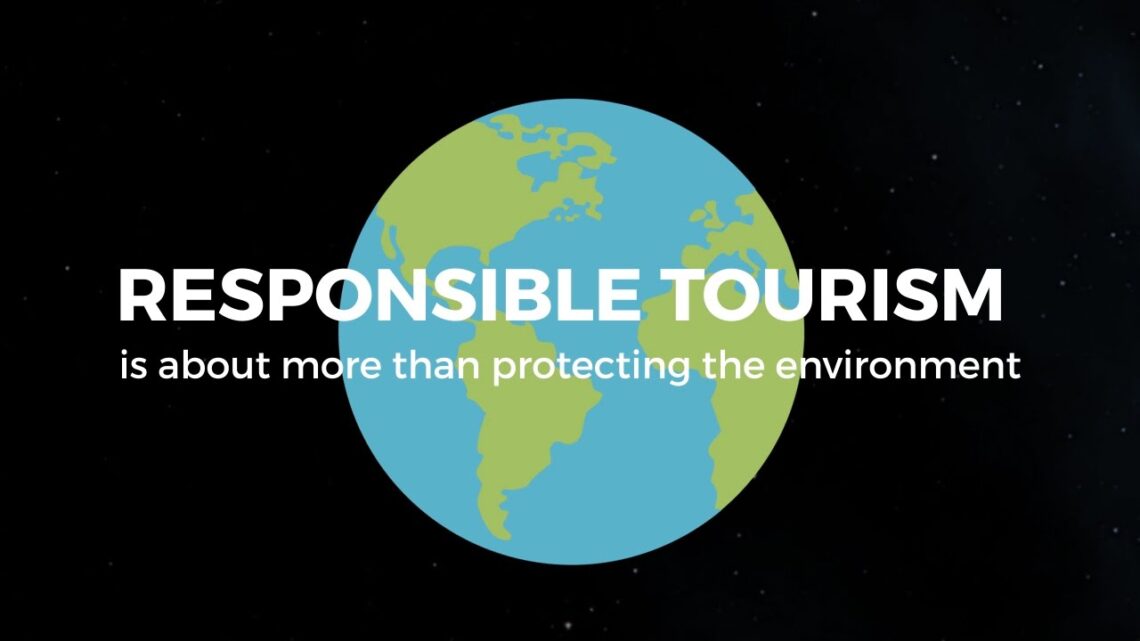Tourism contributes significantly to the global economy, but it can also harm the environment and local communities if not managed responsibly. Sustainable tourism offers a solution by encouraging travelers to explore the world in ways that preserve nature and respect cultures.
At its core, sustainable tourism is about balance. Travelers are encouraged to reduce their environmental footprint by minimizing waste, conserving water, and avoiding single-use plastics. Choosing eco-friendly accommodations that use renewable energy and support conservation projects is another impactful step.
Supporting local communities is also vital. Instead of spending money only in international chains, tourists can shop in local markets, eat in family-owned restaurants, and book tours with local guides. This ensures that tourism revenue benefits the community directly, creating jobs and preserving traditions.
Respect for wildlife and ecosystems is another key element. Responsible tourists avoid harmful practices like riding elephants or buying products made from endangered species. Instead, they support ethical sanctuaries and nature reserves.
Governments are beginning to enforce sustainable tourism practices. Some countries impose visitor limits on popular attractions or charge environmental fees that fund conservation. Bhutan, for example, requires tourists to pay a daily fee to preserve its culture and environment.
Sustainable travel is not about restricting fun but about making smarter choices. Travelers can still enjoy new experiences while ensuring destinations remain vibrant for future generations.
In conclusion, sustainable tourism benefits everyone—travelers, local communities, and the planet. By traveling responsibly, people can enjoy enriching adventures while contributing to global sustainability.



